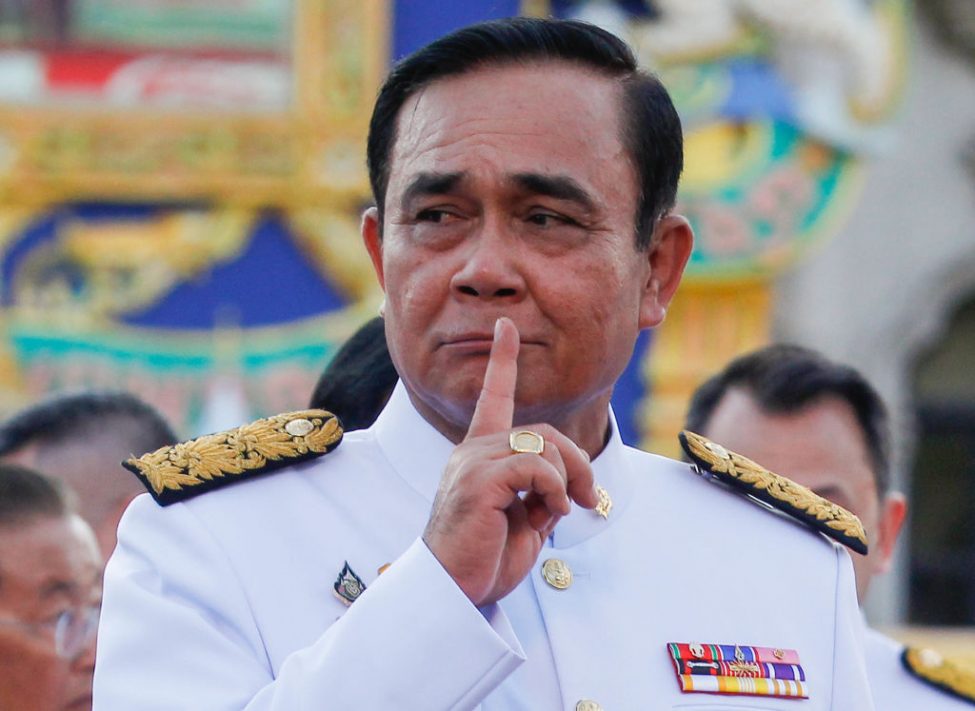Google yesterday announced it’d banned 210 YouTube accounts “related to the ongoing protests in Hong Kong” and the discovery was “consistent with recent observations and actions related to China announced by Facebook and Twitter.”
If you’re not an avid reader of social media company blogs, let me clear things up for you: Google banned 210 accounts that the People’s Republic of China was using to spread disinformation and propaganda about the protests and protesters in Hong Kong.
This week has been rife with revelations that China‘s engaged in a massive global disinformation campaign encompassing both Chinese and US social media companies. Twitter and Facebook independently released statements indicating they’d found their own platforms had been used in the propaganda efforts and outlined steps they would take to ensure such coordinated efforts would cease to occur.
Here’s a snippet from Facebook‘s blog post on the campaign, wherein Nathaniel Gleicher, Head of Cybersecurity Policy says the company removed multiple pages, groups, and accounts:
The individuals behind this campaign engaged in a number of deceptive tactics, including the use of fake accounts — some of which had been already disabled by our automated systems — to manage Pages posing as news organizations, post in Groups, disseminate their content, and also drive people to off-platform news sites. They frequently posted about local political news and issues including topics like the ongoing protests in Hong Kong. Although the people behind this activity attempted to conceal their identities, our investigation found links to individuals associated with the Chinese government.
Facebook squarely puts the blame on China‘s government, the post then goes on to outline how the company intends to improve its ability to detect these campaigns.
Let’s have a gander at Twitter‘s post about it from Monday:
We are disclosing a significant state-backed information operation focused on the situation in Hong Kong, specifically the protest movement and their calls for political change.
That’s unequivocally stating that the PRC is responsible. The post continues:
This disclosure consists of 936 accounts originating from within the People’s Republic of China (PRC). Overall, these accounts were deliberately and specifically attempting to sow political discord in Hong Kong, including undermining the legitimacy and political positions of the protest movement on the ground. Based on our intensive investigations, we have reliable evidence to support that this is a coordinated state-backed operation. Specifically, we identified large clusters of accounts behaving in a coordinated manner to amplify messages related to the Hong Kong protests.
As a result of this investigation, Twitter chose to completely ban all state-run advertising campaigns. That’s huge.
This all begs the question: why won’t Google point the finger at China? Business Insider’s Alexandra Ma reckons the company’s failure to lay the blame for this disinformation campaign where it belongs is going to summon the wrath of Conservative tech leaders such as Peter Thiel. She writes:
He particularly criticized Google for conducting artificial-intelligence research in China while simultaneously refusing to join the US Department of Defense’s AI initiative, known as Project Maven. In a July speech and an August op-ed article in The New York Times, Thiel — who is a director at Facebook — described Google‘s relationship with China as “seemingly treasonous.”
While it’s probably not normally a big deal to Google if a notably outspoken board member from a rival company tries to stir up controversy, in this case Thiel‘s got the US President’s ear and the timing couldn’t be more ominous. President Donald Trump’s having a normal one on Twitter today after hearing bad news from China (retaliatory tariffs) and the Fed (warning of impending “slowdown”).

If someone happens to whisper in his ear that a company already allegedly being investigated for “treason” is playing coy with China, it could help the embattled leader focus his supporters’ ire and re-galvanize them amid fears of a looming recession.
It’s hard to make the case that Google‘s staying out of politics by not explicitly stating it found bad actors’ accounts linked to the PRC – omitting the facts is a political play by almost any measure. And that just leaves those opposed to state-backed disinformation campaigns wondering why China can seemingly do no wrong in Google‘s eyes.
Google did not immediately respond to our requests for comment.
GoogleTechYouTubeGoogleProtestHong KongChinaFacebookTwitterPeter Thiel


